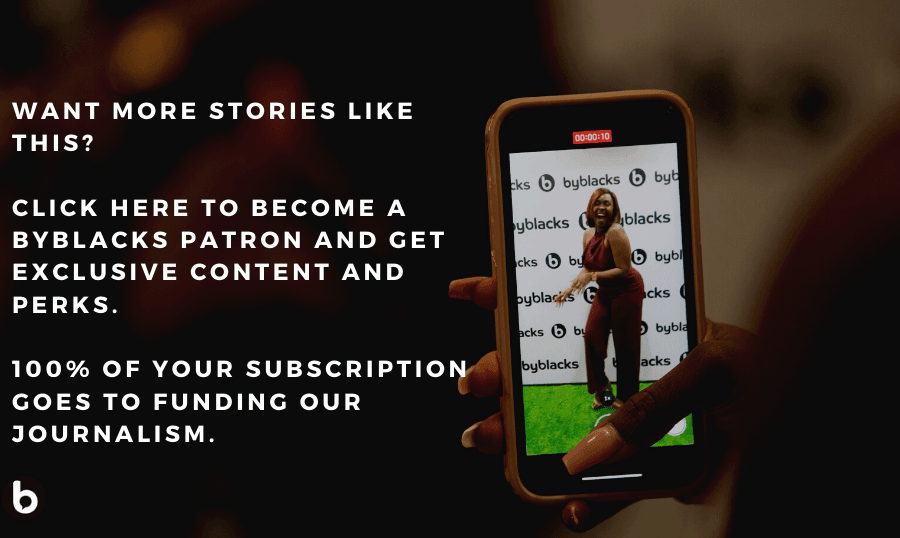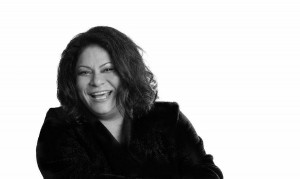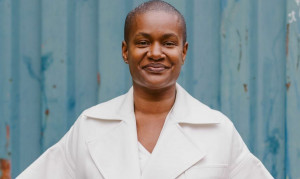What made you decide to go into medicine?
I grew up wanting to be a doctor, but lost sight of that dream somewhere along the way. I majored in neuroscience and immunology, and while I loved basic sciences, I knew I didn’t want to pursue a research career. Instead, I wanted to do something with a human focus, something that would allow me to build relationships, and as trite as this sounds, something that would help people. I decided to apply to medicine, and was fortunate enough to be accepted. Becoming a family doctor was the obvious choice for me, because it is such a broad and rich career choice. Currently, I work with the homeless population in Toronto, and it has been incredibly illuminating, challenging, and rewarding. I look forward to seeing where my career goes, and meeting more incredible people along the way.
As a person of colour, can you tell us some of the obstacles you encountered on your way to med school?
Getting into medical school for anyone is a challenge. I think one of the challenges for Black people trying to get into medicine is a lack of representation. Even being able to articulate the desire of wanting to go into medicine is more challenging, because it is not a career path that presents itself readily as an option for Black women. Up until very recently, I could count the number of Black physicians I had ever seen on one hand. Finances can also be an obstacle in getting into medical school. I was extremely fortunate to have had a full scholarship during my undergraduate studies that covered my tuition. I also worked several jobs to be able to pay for my expenses. As a result, I didn’t have to rely on my family to pay for my education, I didn’t have any debt after my undergraduate degree, and I also had some savings that allowed me to pay for med school application costs. Being in medical school was also challenging in some ways. I went to the University of British Columbia, and on my first day of medical school, despite there being 288 students, there was only one other Black student in the whole auditorium. I remember feeling very conspicuous, and it was a feeling that stayed with me throughout my training. I also have vivid memories of going into the operating room in my full scrubs, with my lab coat on and being mistaken for the janitor. There are just certain levels of microaggressions that you have to deal with as a Black person, as a Black woman, that make it a little bit more daunting to feel like you belong in medicine.
Could you give me some details of the kind of discrimination Black doctors face in Canada?
I can’t speak for all Black doctors, as I know we have all had different experiences. Based on research, we know that Black trainees face higher levels of microaggressions, and they also face higher levels of direct open racism. I remember for myself, there was a point in my medical training when one of my colleagues was trying to get my attention by making a bunch of clicking noises, and I didn’t recognize that he was trying to get my attention. I eventually turned towards him and asked, ‘what’s going on?’, and he responded, ‘I was trying to talk to you in clicking...like pygmies do in Africa.’ He laughed it off and returned to whatever he was doing. I, on the other hand, remember being completely taken aback and frozen. At that time, I didn’t really know what to do, because overt racism wasn’t something I had faced. So it was one of these moments where I really questioned myself. I remember thinking, ‘how do I even respond to this? should I report this?’. I didn’t, and looking back, I probably should have.
But I think the experience of not knowing what to do when faced with racism, the feeling of not knowing who to turn to, of not knowing who your allies are in that space is quite common. To be clear, this was not a regular occurrence in my day as a medical trainee, and it wasn’t like I felt that I was being racially attacked every day. It is just that there were little subtle things, and sometimes not-so-subtle things, that I would not have experienced as a White medical trainee. For example, even small things like when you go in to see your patient and they are constantly asking, ‘where are you from?’ ‘I am Canadian. I was born here.’ Or I had one patient in Northern Ontario who said, “oh, it’s a negro doctor” when I talked into the room. There is an extra layer of implicit biases that come into play as a Black physician that you have to be able to mediate. And, sometimes, it’s just more of a fight to feel like you belong in the medical world. I think that is probably a shared experience among most Black medical trainees.
What would you say to those who feel like there is a little exaggeration of the Black experience?
Certainly, we have evidence that Black and white experiences are different in this country. In Ontario, for instance, about 4.7 percent of the population is Black, and yet only 2.3 percent of physicians in Canada are Black. Clearly there is a disparity there, and it’s important to ask what factors created that disparity. We know that Black people in Canada have higher levels of diabetes and hypertension. Some subsets of Black women are under-screened for breast cancer. There are specific things that you can point to that say that there is a different experience for Black people in this country than white people. I think that is the starting point. The next point is then to understand why those things exist. And, these are not always easy conversations to engage in. Canada is often painted as this multicultural utopia, which then makes it very difficult to have conversations about how systemic and institutional racism are negatively impacting people’s lives. One of the most positive things that has come out of the Black Lives Matter movement is a willingness to engage in these conversations about racism and discrimination, and to recognize that Black and Indigenous people have different, and often negative, experiences of policing, of schooling, of the criminal justice system, etc. compared to White people in this country. And now that we are having those conversations, I hope that we can go further and also discuss how we are upholding and perpetuating these systems, policies, and societal norms that are harming people.
What is Black Physicians of Canada about?
It is a relatively new organization. It was started with the goal of building a community of support for Black physicians and Black medical trainees across the country. We want to ensure that Black physicians and trainees have equal opportunities, and are able to attain their professional goals. Lastly, we want to ensure that the representation of Black people in the medical profession continues to increase so that we can better advocate for our patients, and reduce some of the social and health inequities that Black people currently face.
What do you hope to see Black Physicians of Canada be five years from now?
In five years, I hope that there is a strong and thriving group of Black physicians from across Canada who come together regularly to share their experiences and expertise. We are currently in the process of creating mentorship opportunities for Black medical students and medical residents to help foster relationships between trainees and established physicians and provide increased exposure to research, and leadership experiences during training. With these initiatives, hopefully Black voices and experiences will be better incorporated into the medical profession, into health systems planning, and into medical research.
For more information on Black Physicians of Canada, visit:
Website: www.Blackphysicians.ca
Instagram: @Blackphysiciansofcanada
Facebook: Black Physicians of Canada
Twitter: @Blackdocscanada
Lucy Oneka is a playwright and journalist. She has covered many stories for Toronto-based newspapers such as the East York Observer, the Scarborough Observer, and the Toronto Observer. Lucy’s other passion is music. She is a two-time semi-finalist of the prestigious UK Song Writing Contest and recently released her own debut gospel album, “You Are Faithful”.
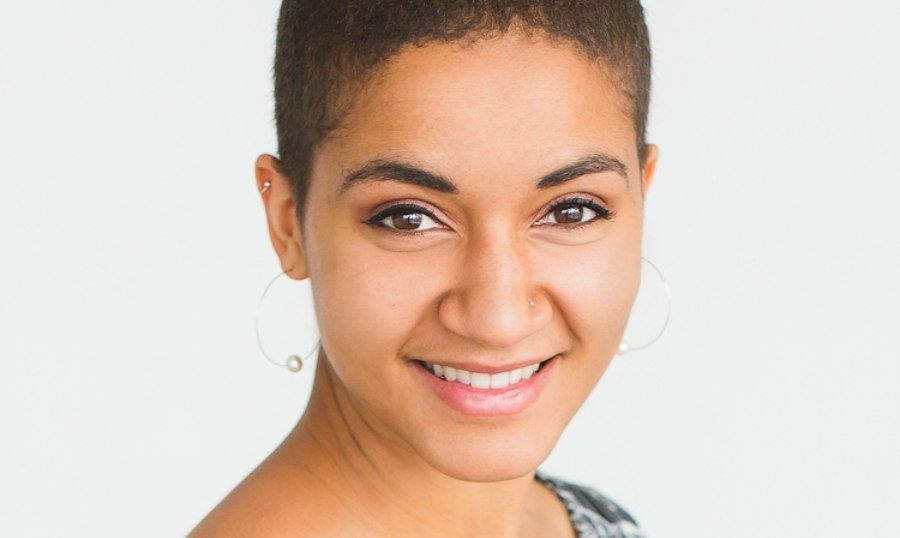
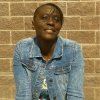 By
By 